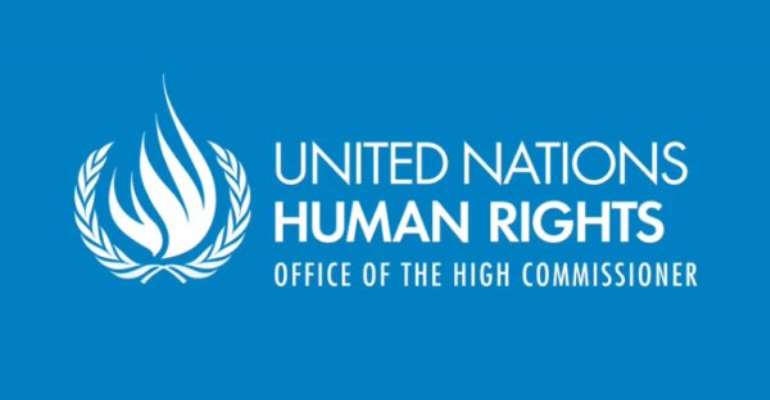Zeid warns of “tinderbox” in South Sudan as civilians suffer daily rights violations

GENEVA, Switzerland, December 15, 2014/African Press Organization (APO)/ -- UN High Commissioner for Human Rights Zeid Ra'ad Al Hussein on Monday highlighted the “dreadful” situation of civilians in South Sudan, who are victims of targeted killings, looting and violence, and have been surviving in increasingly desperate living conditions since the conflict broke out a year ago today.
Zeid warned that there were deeply worrying indications that fighting would intensify now that the dry season had begun, and urged all parties to practice restraint, engage in meaningful dialogue and work to restore calm.
“The people of South Sudan are living in a tinderbox, with emotions high, an abundant flow of weapons and with both sides recruiting fighters, often forcefully and including children,” the High Commissioner said. “Inflammatory rhetoric is also on the rise and there has been sporadic fighting in which civilians have been killed and displaced and their property looted.”
“Talks are set to resume this week and I urge both sides to use the talks to restore calm and avert another human catastrophe in the country.”
Zeid said there were daily reports of fighting and skirmishes, and while there has not been the large-scale fighting that occurred before the start of the rainy season, even small-scale skirmishes frequently result in the killing of numerous civilians. The high level of mistrust within and between communities, based on perceived support for either the Government or the opposition, means that violence is easily triggered.
“Reports of gross abuses of international human rights law and international humanitarian law are all too common in the current conflict, and there is a disturbing pattern in which civilians are targeted and killed during hostilities for perceived or actual affiliation with a group different to the armed element in control,” he said.
The High Commissioner also highlighted the dire humanitarian situation of the large number of internally displaced people. According to latest UN figures, there are 1.4 million displaced within the country, and another half a million taking refuge in neighbouring countries. More than 97,000 people remain in compounds of the United Nations Mission in South Sudan (UNMISS) in very difficult conditions.
“The hopelessness in the camps of internally displaced people is palpable,” Zeid said. “These are women, men and children who spend their days in terrible conditions – at the height of the rainy season, they sometimes had to wade through waist-deep mud. Children have not gone to school for a year now, and may not be able to for a long time. Healthcare is basic at best. They have no freedom of movement, and live in dread, with violence always just around the corner.”
“Even after the conflict ends, it will take months – if not years – for these families to be able to bring a semblance of normalcy to their lives. Their homes and livelihoods have been destroyed. They have missed the planting season. They have witnessed and experienced violence. The conflict has already taken a very heavy toll on civilians – it is time for both sides to acknowledge this needless suffering, and to make a serious, concerted effort to bring it to an end, without further delay or prevarication.”
Zeid also called on political leaders to make clear, unequivocal public statements that the targeting of civilians is not permitted and will not be tolerated. He stressed that justice and accountability for gross human rights violations will be an essential component of any peace plan if peace is to be sustainable.
“Impunity emboldens the perpetrators of abuses – and has most likely accentuated the brazen nature of the human rights violations that have occurred during this conflict,” he said. “It is crucial that justice and accountability are visibly made a top priority.”
